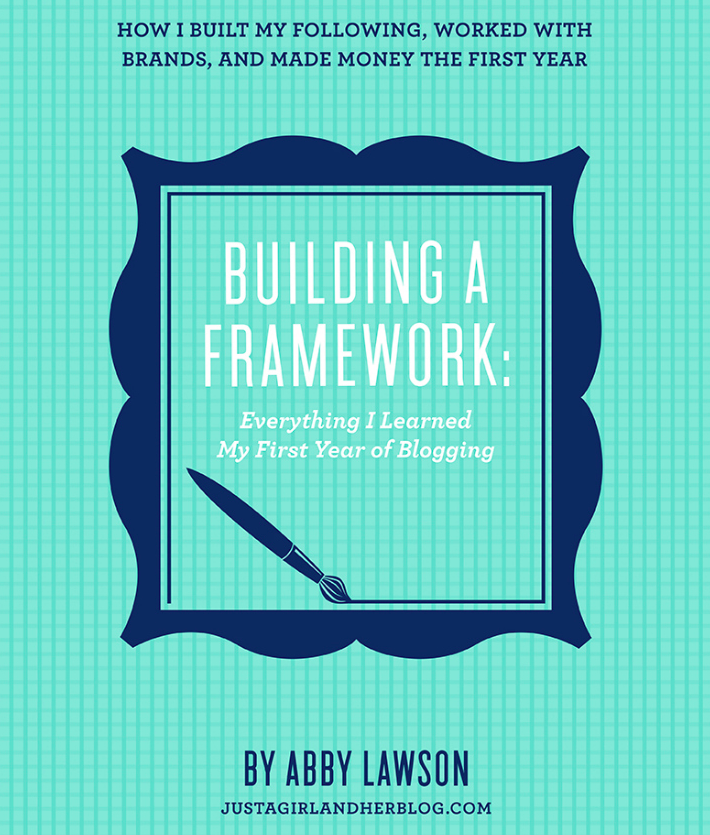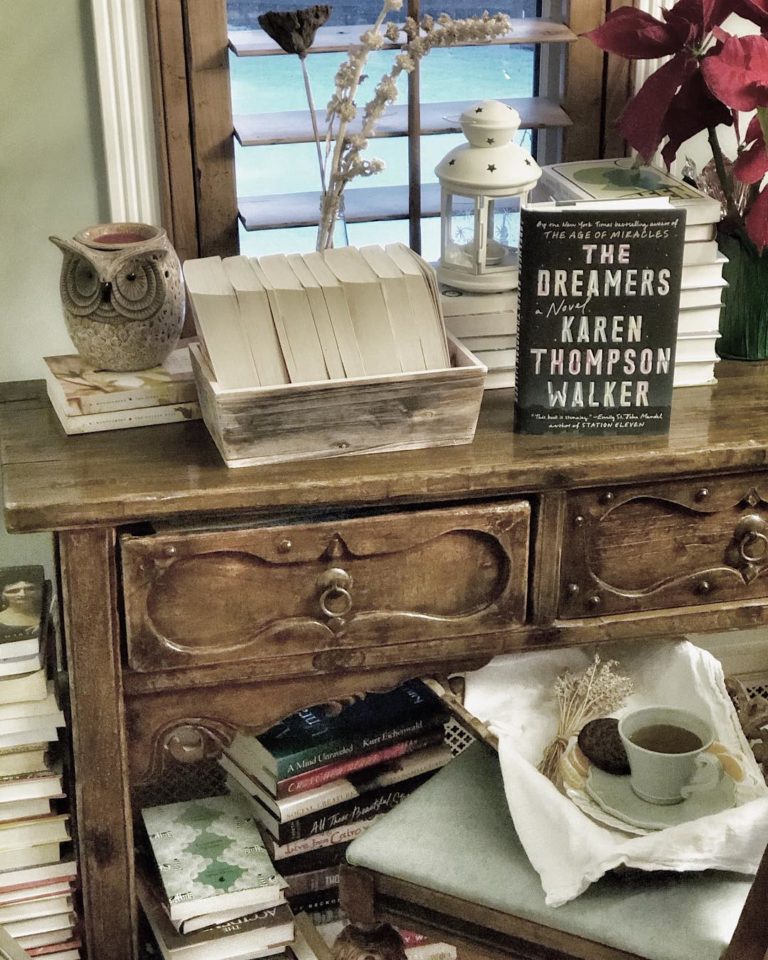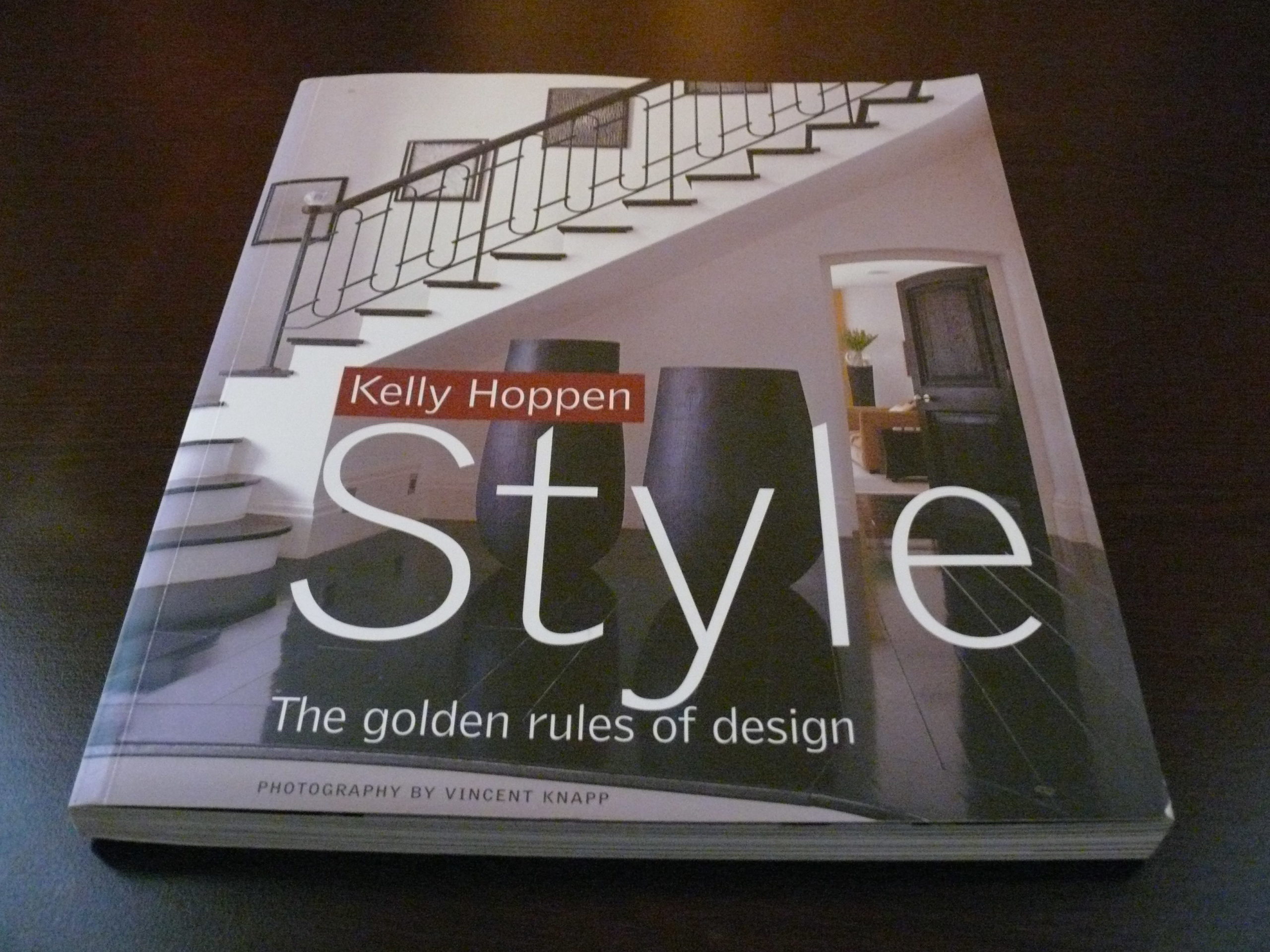The Best Books That Will Help You Understand Yourself Better
Readers come in different forms. Some prefer to read one book at a time, while others may be happier with two or more books going simultaneously. Some are slow, while others cannot wait to move on to their next read. None of it is better than the other, as it’s more important to crack open a book and get started.
There are books you read when sad and need a pick-me-up and others that make it easy getting to know yourself. We look at six such books in this review.
The Five Love Languages: The Secret to Love That Lasts – Gary Chapman
This is one of those books you read to know how you like to be loved. While most of us have a vague idea of what makes us happy, Gary Chapman breaks these feelings into five languages that most of us will relate to. He talks about Words of affirmation, Quality time, Acts of Service, Gifts, and Touch. There are probably a few more ways people would like to be loved, but these five touch on almost all the aspects of a person’s needs.
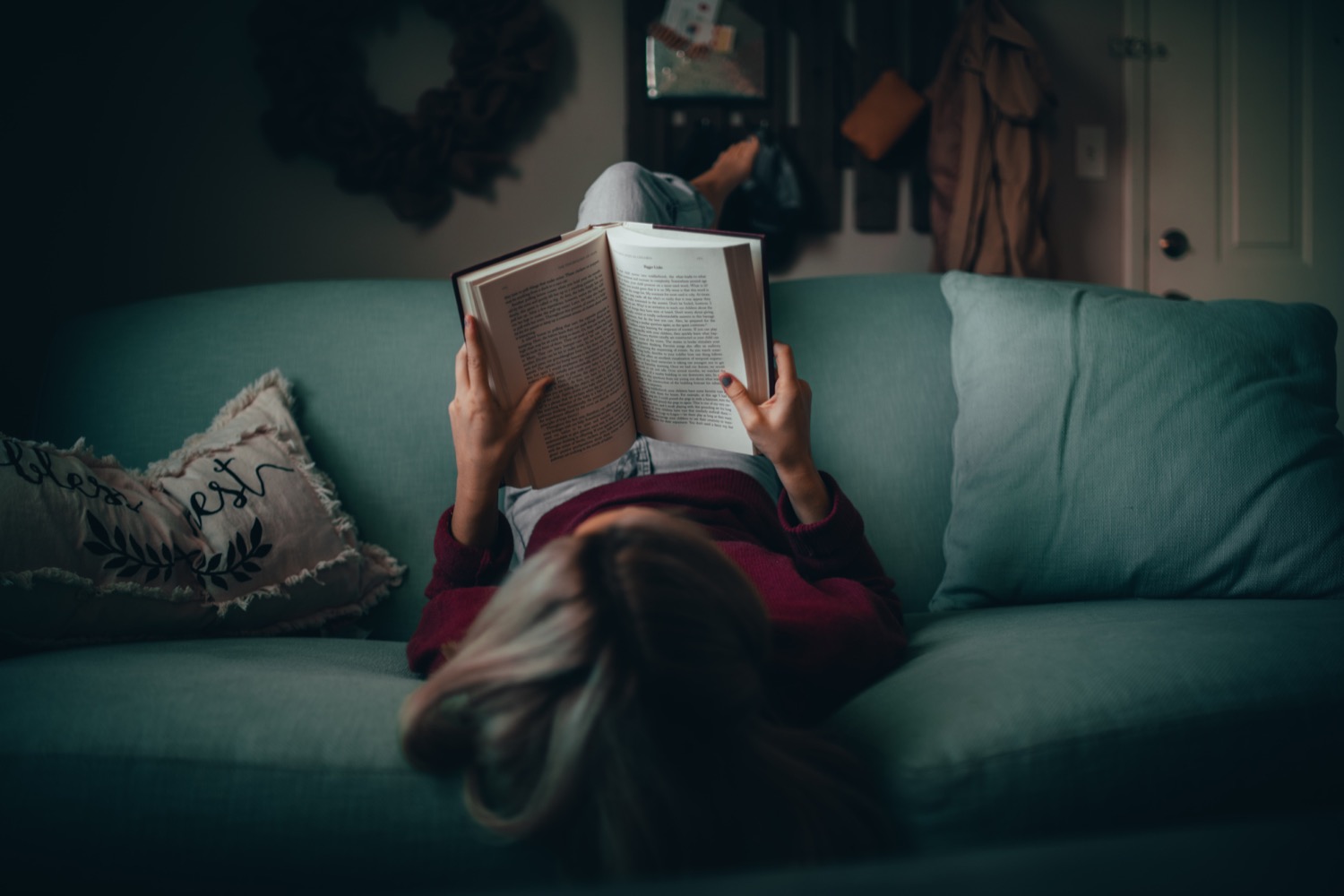
In his book, the good doctor says that if someone’s idea of being loved is through affirmation, telling them things that affirm them will ideally change the way they feel. They will glow differently, and they will reciprocate these feelings. Why do we list this as one of the getting to know yourself books? Because it makes you question how you like being loved and once you know it and communicate so to your partner, you improve your relationship.
Quiet: The Power of Introverts in a World That Can’t Stop Talking – Susan Cain
The bigger part of the world’s population is extroverted, making it a little hard for introverts. When everyone around you is speaking, you seem like the odd one out when you say nothing, and you risk thinking something’s wrong with you. Some introverts make the best professionals for a writing service because they like getting lost in their own world. They write and publish some of the best essay examples about myself on GradesFixer, and are happy to be left to their devices. Reading in silence and journaling is a top self-care idea for introverts.
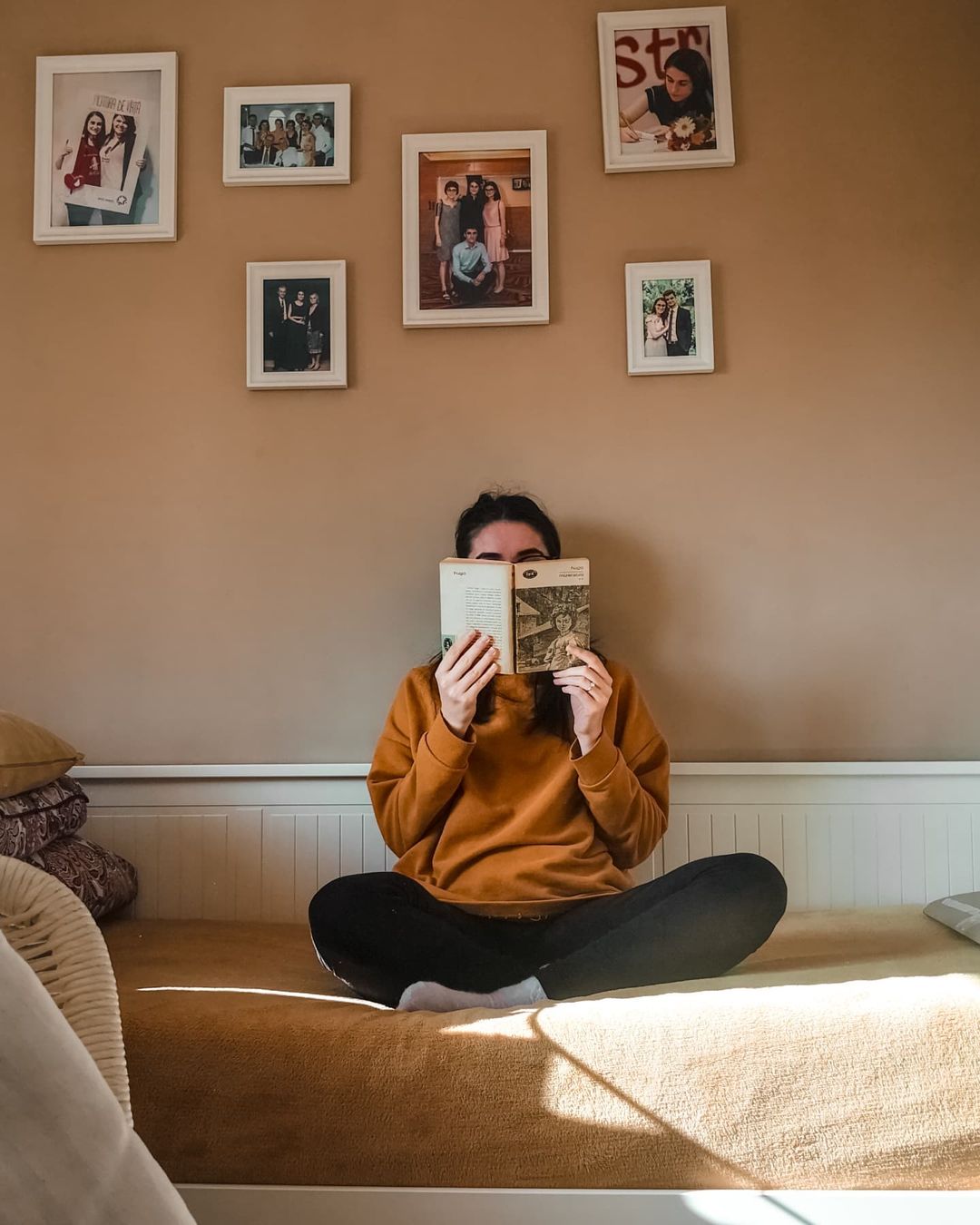
In writing her book, Cain talks about connecting with writers and musicians she’s never met in person. She shows how the world forgot to reward personality and embraced extroverts as its leaders and politicians. We find it an ideal contender in the greatest know yourself books ever written because it reminds us it’s perfectly normal to be quiet even when the world thinks otherwise. If you are an introvert who wonders if they belong, this is a good read.
Emotional Intelligence: Why It Can Matter More Than IQ – Daniel Goleman
Emotional intelligence -EI – is the ability to perceive and know how to handle one’s emotions and those of others. When you can do this perfectly, you can actually manage people since you know their triggers, your own, and how to handle all that. You fight less when small matters cannot get to you, and you become more dependable too. In his book, Goleman explains that EI can be taught in school since it is not necessarily something anyone is born with. High school, college, or university students can incorporate some of these teachings to be better prepared for life after school. The writer talks about how the two minds, the rational and the emotional, collaborate to bring success at various levels of life. Maybe the most important takeaway is that this can be attained at any level of life. You don’t have to start learning these things at your youngest to be more emotionally intelligent, so start right away. A better know-yourself book is yet to be written.

Drive: The Surprising Truth About What Motivates Us – Daniel Pink
We have been socialized to believe that the main drivers of motivation are rewards and fear of punishment, but Pink begs to differ. He argues that the old drivers are extrinsic, but true motivation is intrinsic and can be divided into autonomy, mastery, and purpose. He conducted studies that showed the money to affect things that required a step-by-step guide or were mechanical. Those that called for creativity, critical thinking, and self-rule were affected negatively when those doing them were paid more. Pink says people should be paid enough to make them comfortable so that it is enough “to take the issue of money off the table,” but he posits money should not be a determinant for motivation. This book shows you how to do better for yourself and the world around you.

Atomic Habits: An Easy & Proven Way to Build Good Habits & Break Bad Ones – James Clear
We take the power of the little things we do every day for granted, yet they define us and our success or failures. This book breaks down what atomic habits are, and surprisingly the things we know all too well: eating habits, financial and mental decisions, and so many small things. Clear goes on to say that changing the things that we know are lagging us behind will lead to success because it is a sum total of small daily habits. What might surprise anyone reading this book is its utter simplicity. The author reminds us how easy it would be to change the things we complain about or dislike of ourselves and how those changes could bring out the best in us.
Clear talks about long-term thinking, as in how we tend to think about change for too long before starting to implement it. He says 1% of anything done daily is better than 100% delayed to be done at one point when you finally feel ready. This well-researched book creates an urgency to act, so it is the ideal read if you feel plateaued.

The Road Back to You: An Enneagram Journey to Self-Discovery – Ian Morgan Cron and Suzanne Stabile
Knowledge of self makes it easier to relate to fellow humans and even the supreme authority – whomever you perceive that to be. The authors give us a peek into the nine Enneagram types through witty stories that make this book readable. The idea is to connect man back to his creator through knowledge of himself. It teaches us that we can present our best parts to others only when we know and understand ourselves. With this knowledge, you change how you look at others and appreciate how they think or feel. It is in a class of its own, having been written by people who took the time to reach out to a broad sample for their theories.
Conclusion
Reading is a mind opener that should be introduced to all people, and especially at tender ages. If you are not a reader, you limit your chances of mental education, and you are unlikely to be open to new things. The course of life takes us to all sorts of places where we meet people of different cultures and beliefs, and you have a better shot at getting along if you have an open mind. Books written to help you know yourself are usually based on years of research, so you can trust them to have been tested on real people. Try one or all of these, and let us know what you think.

